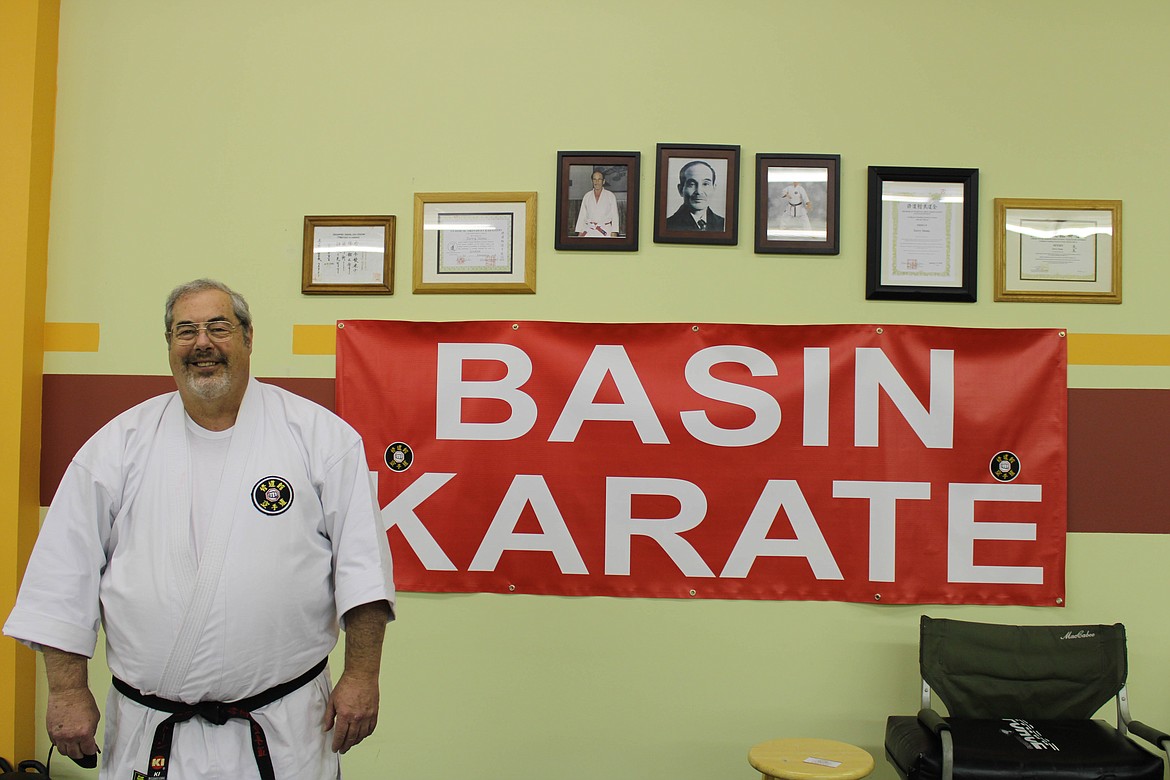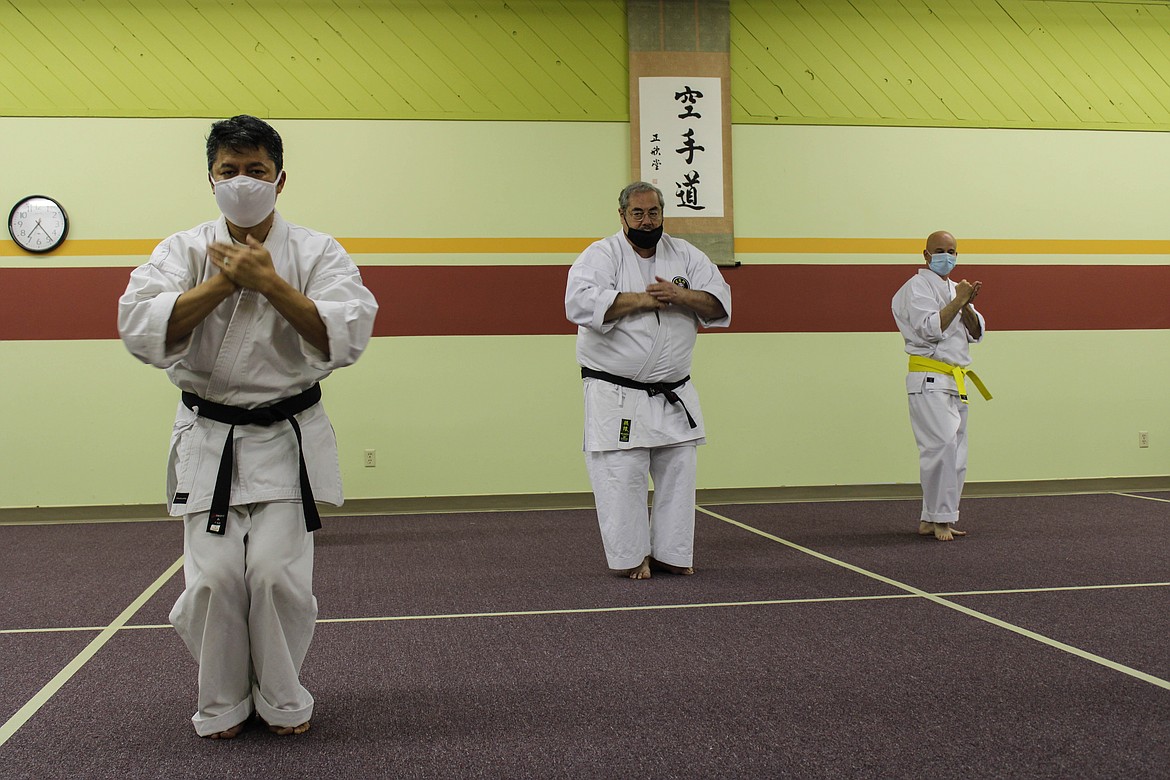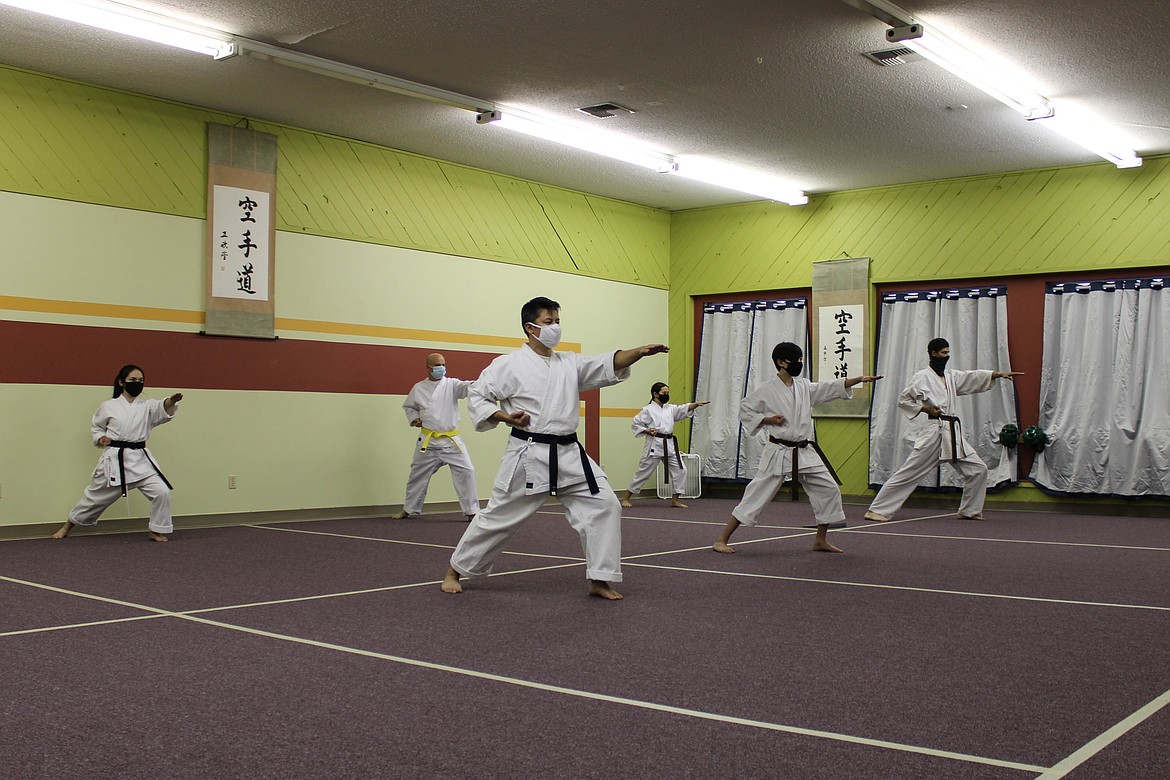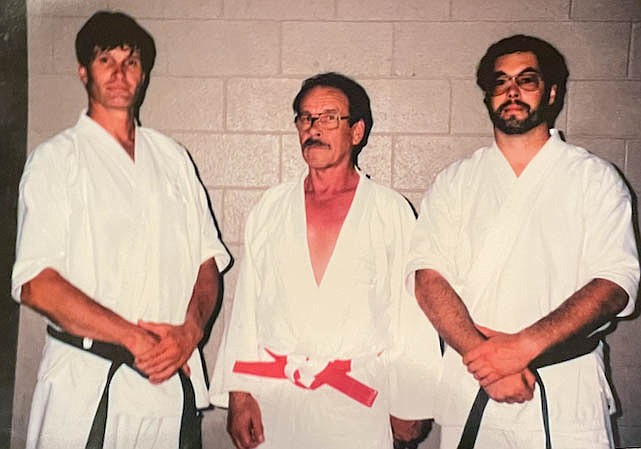Diamond sensei: Basin karate teacher reflects on four decades of training
MOSES LAKE — Be too large for worry, too noble for anger, too strong for fear and too happy to permit the presence of trouble.
Become a Subscriber!
You have read all of your free articles this month. Select a plan below to start your subscription today.
Already a subscriber? Login







